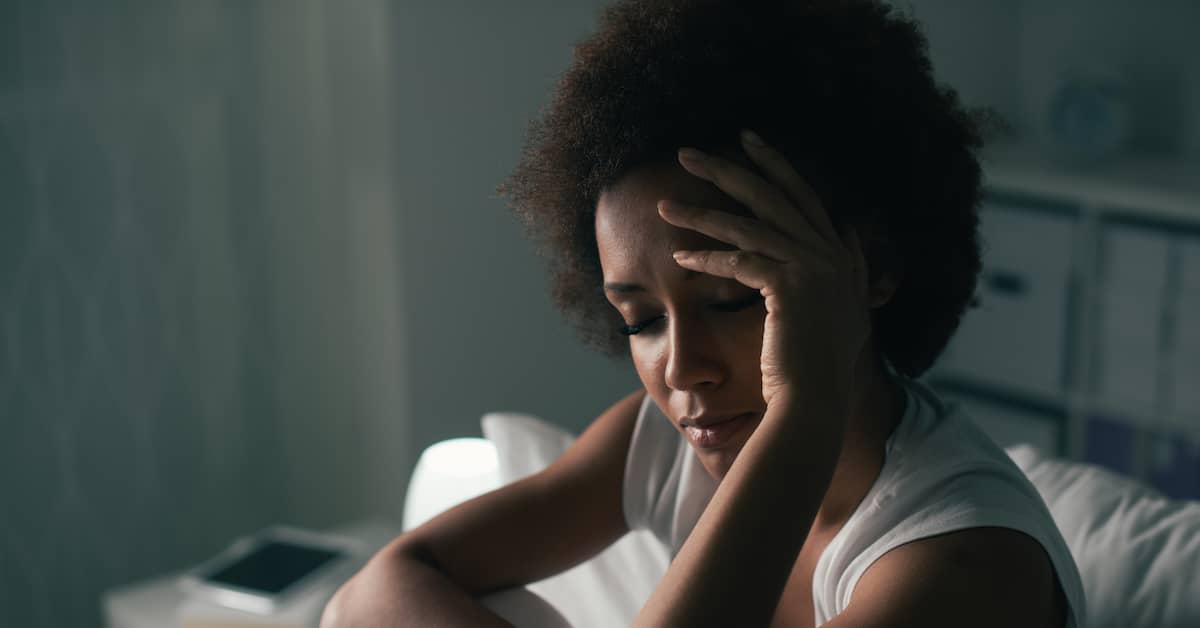
A study published in the American Journal of Epidemiology found that hair relaxers increased the risk for uterine fibroids. But, while this study was published in 2012, the link between hair relaxers and fibroids hasn’t received much attention until recently. This is true even though fibroids can present significant health risks. They are among the leading causes of hysterectomies, and they can cause uterine bleeding and other complications as well.
Below, we take a closer look at the link between hair relaxers and fibroids, and we provide some tips for protecting your legal rights if you believe that your uterine fibroids may have been caused by a hair relaxer.
How do hair relaxers cause uterine fibroids? As noted in the American Journal of Epidemiology study, hair relaxers can cause exposure to “various chemicals through scalp lesions and burns.” While the chemicals in hair relaxers are effective for straightening hair “by breaking the disulfide bonds found in the cortex layer of hair and re-forming them while hair is being held in a straight pattern,” they can be dangerous if they penetrate the skin. Some of the chemicals most commonly used in hair relaxers include:
Even Procter & Gamble acknowledges that the chemicals in hair relaxers can be dangerous. It notes that the three chemicals listed above are “notorious skin irritants” and can cause chemical burns with symptoms including skin redness and irritation, temporary skin whiteness, stinging, and discomfort.
But, while these symptoms of chemical burns will typically go away with proper treatment, the consequences of uterine fibroids caused by hair relaxers can be far more severe. The researchers who conducted the study published in the American Journal of Epidemiology concluded that the use of hair relaxers may increase users’ risk for uterine leiomyomata, or fibroids. While the other researchers note that fibroids are common and usually benign, these researchers also note that “they can have a significant impact on the everyday physical and mental well-being of women with this condition.”
Uterine fibroids caused by hair relaxers can also leave patients in need of a hysterectomy. This is a surgical procedure to remove the uterus. As Johns Hopkins Medicine explains, “[a]fter a hysterectomy, you will not menstruate (have periods) or be able to get pregnant.”
While hysterectomies are fairly common (Johns Hopkins Medicine notes that about half a million patients receive hysterectomies each year in the United States alone), there is no excuse for companies selling products that increase users’ risk of suffering from serious health conditions that require surgery. As a result, those who have been diagnosed with uterine fibroids after using hair relaxers may be entitled to financial compensation, and we encourage all individuals who find themselves in this situation to speak with a lawyer about their legal rights.
If you are experiencing symptoms of uterine fibroids after using any brand of hair relaxer, you should see a doctor promptly. Tell your doctor that you are concerned about fibroids linked to hair relaxers. In most cases, doctors can diagnose uterine fibroids with a physical exam; but, in some cases, an ultrasound may be necessary.
In addition to seeing a doctor, you should also talk to a lawyer about your legal rights. As we discussed above, there is no excuse for a company selling a dangerous product—especially when it has been more than a decade since researchers first exposed the product’s dangers to the public. Customers who suffer harm from dangerous products can sue the manufacturer for just compensation, and these lawsuits can often lead to significant financial recoveries.
What should you do if you think you may have a lawsuit related to uterine fibroids caused by a hair relaxer? Along with seeing a doctor and talking to a lawyer, you should:
If you have used chemical hair relaxers and received a diagnosis of uterine fibroids or any other medical issue, reach out to Coplan + Crane immediately for a FREE case evaluation. We can help you pursue the full and fair compensation to which you may be legally entitled. Our firm operates on a contingency basis, ensuring that you are not obligated to pay anything unless we secure a favorable resolution in your case.
Contact us today online or at (708) 358-8080. We welcome clients from Chicago, Oak Park, Rockford, and other areas throughout Illinois and the United States.